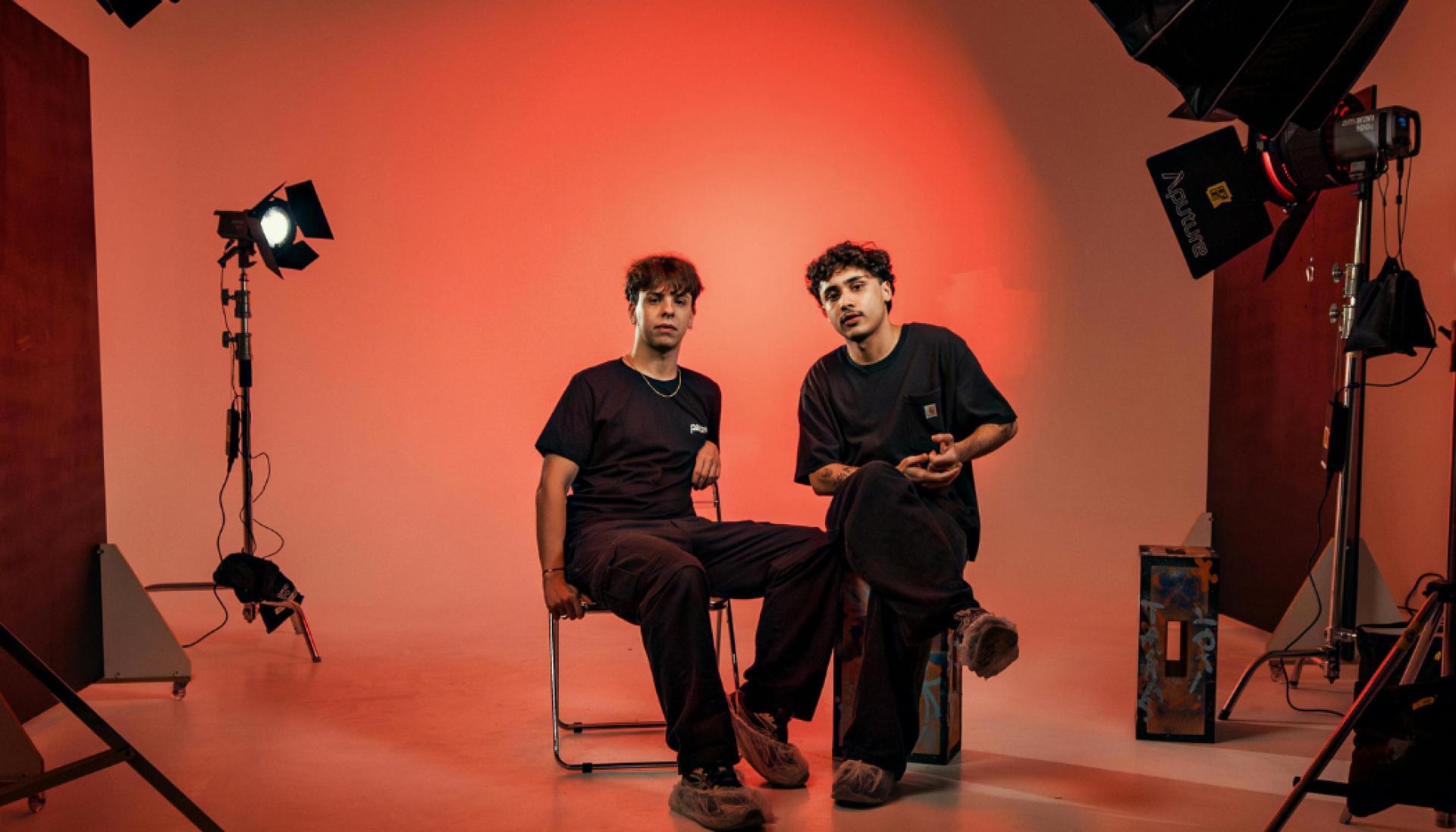2026 predictions: the future of finance talent in media and marketing
2025 has been a big year for finance professionals across the creative industries. Agencies have been tightening budgets and production companies are rethinking their funding models. As a result, the financial sector has been complex but also full of opportunity.
Three big themes stood out. Hybrid hiring stabilised, with most creative businesses finding a rhythm between remote flexibility and in-person collaboration. AI became genuinely useful, with automation saving time across expense management, forecasting, and reporting. And despite tighter budgets, demand for financial insight grew. CFOs and agency heads leaned more heavily than ever on finance to drive commercial direction.
As we move into 2026, one thing is clear: finance talent is no longer in the background. It’s central to how creative organisations plan, invest, and grow.

The rise of the commercial finance partner
Finance is becoming less about reporting and more about storytelling. Clients want professionals who can explain the numbers, and why they matter. In 2026, the most valuable finance professionals will be able to explain this narrative with confidence and ease.
Within agencies, that might mean a Finance Business Partner analysing client profitability and advising where to invest resources. In music or film production, it could be a Production Accountant who helps producers balance creative ambition with financial reality and spotting overspends before they happen.
In short, by 2026, finance roles will be seen less as “support functions” and more as strategic partners shaping creative and commercial direction.

Data, tech, and automation skills move front and centre
Finance teams will continue integrating AI-led forecasting, automations, and real-time performance dashboards. Routine tasks like invoice processing and expense management are being handled by tools like Xero and Workday, freeing finance professionals to focus on trend analysis, pricing strategy, scenario planning, and more.
Contractors who bring systems fluency – not coding, but confidence with integrations – will be in high demand. Those who can lead a systems migration or create actionable dashboards will be able to command premium rates. Creative businesses, in particular, want finance talent who can turn data into clarity and visualise their performance across multiple clients, productions, or campaigns.

Freelance and portfolio workforce expands
The “project economy” is thriving and finance is no exception. More accountants, analysts, and controllers are building portfolio careers, balancing contract assignments and part-time consulting. For creative industries, which are inherently project-based, this model makes perfect sense.
Music tours, film productions, and marketing campaigns all run in cycles and each requires finance expertise for a few months at a time. These businesses want flexibility, and their finance professionals want variety and autonomy.
The result is a booming market for contract and interim finance talent. A three-month Finance Director contract can transform how an agency approaches pricing or reporting, giving them senior expertise they couldn’t afford permanently.
We predict that the line between permanent and freelance finance careers will blur even further in 2026. Flexibility will become one of the most powerful talent attractors in creative industries.

Accelerating cross-industry mobility
Boundaries between creative, tech, and entertainment are also dissolving. Finance professionals from SaaS, gaming, and tech start-ups are increasingly being hired into agencies and studios for their digital revenue expertise, while experienced media accountants are moving into streaming and AI companies.
By 2026, transferable commercial acumen will outweigh industry background for many finance roles. This will lead to more diverse, innovative teams, and finance professionals with broader career options than ever before.
This cross-pollination of skills is reshaping creative finance and those who can combine commercial agility with expert sector insights are driving faster decision-making and better creative outcomes for their companies.

ESG and ethical finance in focus
Clients, investors, and audiences are holding creative organisations to higher standards, and finance is taking the lead.
Environmental, Social, and Governance (ESG) principles may once have been seen as box-ticking exercises, but now they’re core business metrics. Finance teams are now measuring carbon output, diversity spend, supplier ethics, and social impact alongside revenue and cost.
Agencies need finance partners who can budget for sustainable campaigns. Film and TV productions are being asked to account for eco-friendly practices and music companies must prove the ethics behind touring and merchandising. This is creating a new wave of hybrid roles, like Finance & Sustainability Analyst or Impact Reporting Manager, that blend accounting discipline with ethical insight.

What this means for employers
For agencies, labels, and production companies, these shifts call for a rethink of how finance teams are built and hired. The best finance talent now expects project-based, hybrid, or outcome-driven roles. Businesses that cling to rigid set-ups will lose out, while those who are flexible will take the lead.
Speed also matters. Top contractors often have multiple offers, and securing them means faster sign-offs and streamlined onboarding. But it’s also important to upskill your permanent team. Use interim specialists strategically rather than to fill gaps. They’re a great way to modernise systems and transfer knowledge.

Advice for finance contractors
For finance professionals in media and marketing, 2026 is the year to specialise and evolve.
● Invest in tech literacy. Learn the tools driving finance transformation, even basic Power BI or SQL skills will set you apart.
● Position yourself as a commercial thinker. Show how you’ve influenced creative or strategic decisions, not just managed budgets.
Be selective. Choose contracts that stretch your skillset and elevate your professional brand.
● Build your network. Trusted recruiters and client relationships will open the most valuable opportunities in a fast-moving market.
2026 will belong to finance professionals who combine analytical expertise with creative curiosity. Those who can interpret numbers in a way that inspires better creative and commercial decisions will shape the next generation of success stories across media, music, and marketing.
If you’re planning transformation projects, need short-term leadership, or want to build a more agile finance function, get in touch with Matt Horsfall today ([email protected]). At Harmonic Finance, we’re always happy to share insights or connect you with exceptional interim and contract finance talent who can deliver impact from day one.










